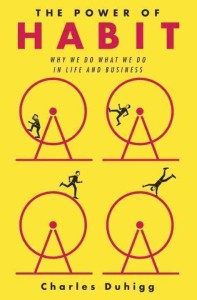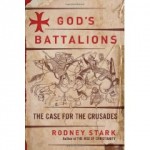
1. The Everlasting Man, G.K. Chesterton. G.K. Chesterton is the greatest writer you’ve never heard of, and if you have never read him you cannot imagine what you are missing. Tagged “The Prince of Paradox,” Chesterton has a way of turning a sentence back on itself while clearly expressing a thought you never thought and you never would have thought to write. Chesterton is at his best in this book, which C.S. Lewis called the best apologetic he had read and which influenced Lewis’s conversion.
2. Beyond Bullet Points, Cliff Atkinson. What, might you ask, does a book about Powerpoint have to do with the kingdom of God? Well, it has to do with work—my work as an attorney—and work has everything to do with the kingdom of God. This book swims against tide, arguing that text on a slide does not a powerful presentation make. In fact, Atkinson argues that text actually divides the reader’s attention between the speaker and the slide, making the communication less effective. His suggested solution is worth the price of the book.
3. The Destruction of Jerusalem, George Holford. Written in 1809 by a British lawyer and member of parliament. This book shows how Jesus’ prophecy about the destruction of Jerusalem was fully realized in 70 A.D. The destruction of Jerusalem in 70 A.D. is one of the most important historical events for Jews and Christians alike. For Jews it marked the end of the Jewish sacrificial system; for Christians it marked the fulfillment of Jesus’ prophecy in Matthew 24 and puts much of what many Christians worry about as a future event firmly in the past.
Continue reading “Best Books I Read in 2020”



